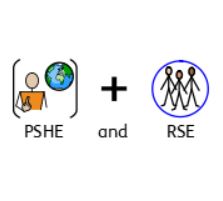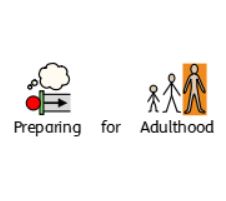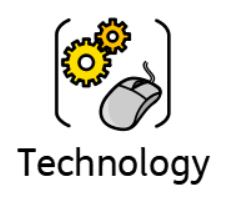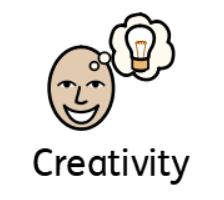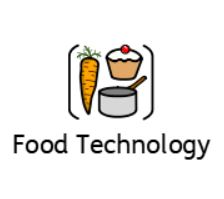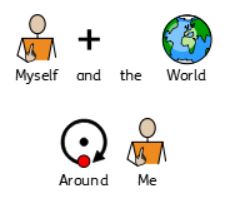Our curriculum is designed in a way where topics are selected according to students interests. As learners progress through the Yellow pathway each year there is a gradual building of knowledge. The curriculum is planned so that year on year learning is reinforced and built upon with progression of learning through different subjects. For example students learn about light and sound sources in Lower Key Stage 2 and will build upon this knowledge in Upper Key Stage 2 by learning about light and sound waves. Skills taught and reinforced in a spiral manner building upon previous skills and helping students to develop new ones. The application of this knowledge forms the basis of secure understanding of the curriculum areas.
We have a spiral approach to our curriculum where we are continually revisiting topics to build skills and develop knowledge over time. Many of our learners need repetition and reinforcement within their learning to ensure skills and concepts are retained and applied.
Implementation
In late Key Stage 1 and Key Stage 2 the Yellow Pathway builds on the foundation years and works towards the greater diversity offered at Key Stages 3 and 4. The emphasis of the Yellow pathway is on developing key skills and knowledge whilst fostering a real love for learning, focusing on the core subjects of English, Maths, PSHE and Science. The aim of giving these areas a more prominent role is to enable the children to develop skills that will allow them to access a more diverse curriculum when moving into Key Stage 3. A range of topics are studied within each of these curriculum areas which rotate over a two year long term plan. Examples of these include ‘Stories from other cultures’ in English and ‘Time’ and ‘Money’ in Maths. We recognise the need to utilise practical, multi- sensory activities and resources with our students, in particular those with additional sensory needs. Throughout our curriculum development we have worked with the students to get their opinions and interests to ensure it is relevant to students needs.
Students study a wide range of subjects in the yellow pathway with a broad and balanced offer. We teach National Curriculum subjects grouped into meaningful areas for students to make links in the real world. Click on each of the subject titles to find an overview of teaching in each subject. Details of development of knowledge, skills and understanding in each subject can be viewed below.
English - students develop word reading and comprehension skills to become fluent readers. We use the Read Write Inc phonics scheme to ensure that there is a consistent and progressive pathway in learning. Click on this link for more information about our approach to reading and phonics. They learn functional skills to communicate in English through writing, speaking and listening as well as a love of books and creative writing.
Maths - Firstly we aim to develop an interest and enjoyment of the subject and a confidence in their own mathematical ability to apply to practical situations. We then aim to give students the confidence to apply knowledge to unfamiliar situations and solve problems in a range of situations through an investigative approach mastering individual concepts to apply in everyday life.
Science - Through developing enquiry skills and deepening knowledge we encourage our learners develop interest, enjoyment and enthusiasm in Science. We encourage them to relate science to everyday life through the use of everyday materials and situations.

The World (Geography, History, RE, MFL, PE) We aim to help our learners develop an understanding of the world around them. They recognise physical and human features and develop a thirst for knowledge through practical experiences. Within History we encourage and develop interest, enjoyment and enthusiasm and to experience elements of History through sensory learning and first hand experiences that are topic based. This promotes curiosity and enquiry. Within RE we enable pupils to acquire knowledge and understanding of Christianity and other religions represented in Great Britain. Ultimately we aim to develop the ability to explore, reflect on and respond to human experience. We develop an understanding of culture and languages through our teaching in MFL. We recognise that many of our learners struggle with the acquisition of the English language so do not teach formal MFL teaching until students reach Key Stage 3. Though an understanding of themselves we teach healthy living, physical skills and activities to develop well rounded individuals.
Technology (DT, Food Technology, Computing) Through practical and problem based activities we ensure pupils have the opportunities to complete tasks which develop creative, technical and practical skills to perform everyday tasks within DT and across the curriculum. Within Food Technology our aim is to prepare our young people for the tasks they need to master for independent living. This incorporates a good understanding of hygiene and safety in the kitchen. Through our Computing curriculum, we want to enable our pupils to become digitally aware and responsible citizens and recognise the benefits and safety implications of online activities. We teach them to navigate online systems and programs proficiently and safely developing functional computing skills including word processing to prepare them for life in the adult digital world.
.jpg)
Creativity (dance, Art & Music) Through the use of our learning values we develop and enhance creativity in our learners through art and music. We develop students skills and techniques and expose them to a variety of artists and musicians to inform their own work and gain opinions.
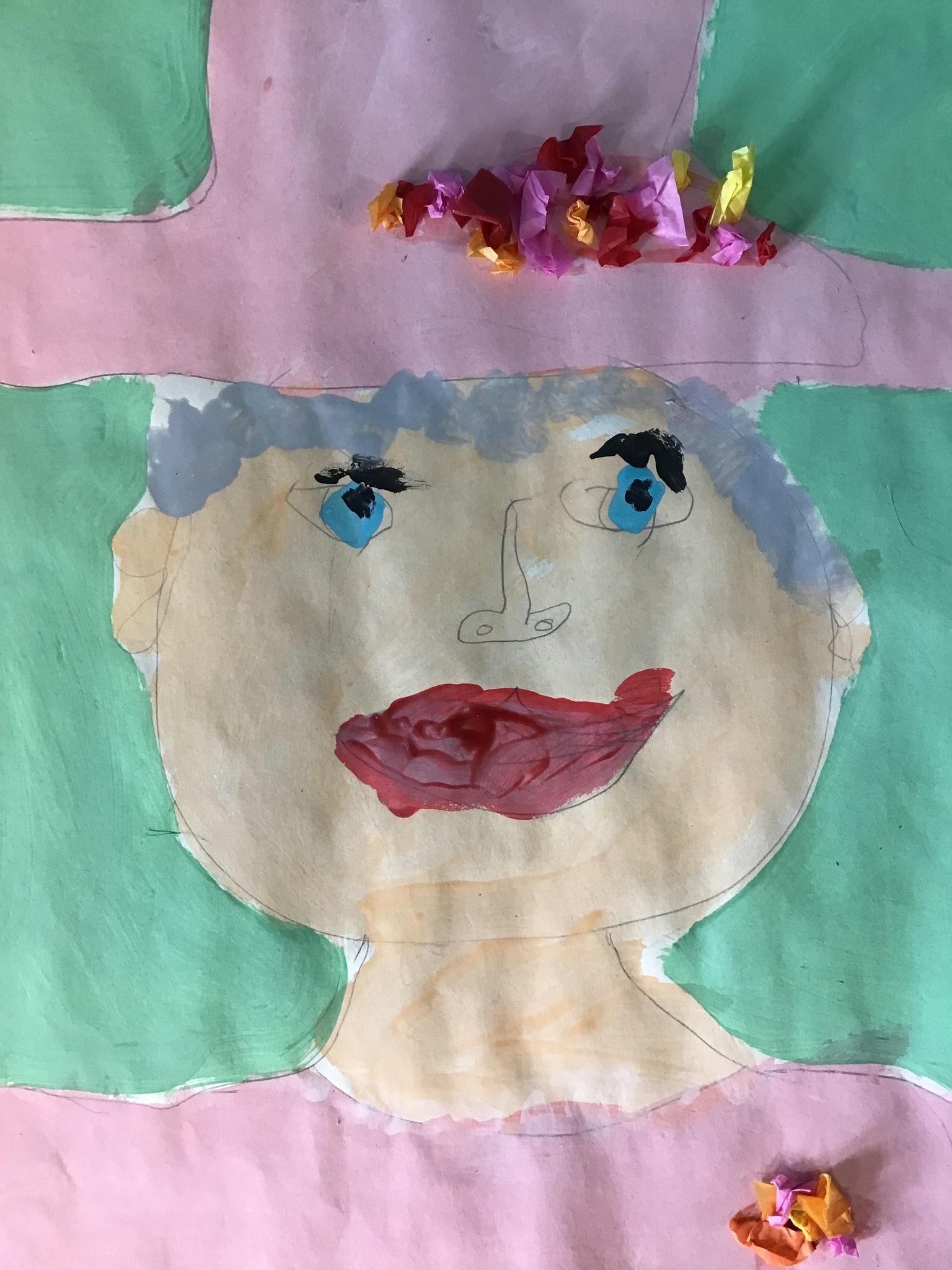
PSHE & RSE - Children will demonstrate and apply the British Values of Democracy, Tolerance, Mutual respect, Rule of law and Liberty through everything we do. We aim for children to demonstrate a healthy outlook towards school – attendance will be in-line with national and behaviour will be good. Children will become healthy and responsible members of society being fully informed to make appropriate choices and decisions about relationships and sex education. Our aim is to nurture children on their journey preparing them for life and work in modern Britain managing safety both in and out of school.
Alongside this emphasis on core skills is the recognition that children will thrive when given an opportunity to explore all areas of their creativity and abilities. We therefore include a wide variety of foundation subjects and ‘special’ curriculum areas that provide stimulation and help to meet the individual needs, including the physical needs, of the children. Opportunities available where appropriate include input from specialist sports coaches, music teachers and therapists and specialist TAs who lead on communication and structured teaching approaches. Where appropriate students have access to specialist literacy interventions which focus on promoting further progress in early phonic and reading skills. Progress is monitored through classroom observation, students work and contributions in lessons. This evidence is recorded within our Evidence for Learning platform with progress being measured according to our Highfield Developmental Assessment which informs our teachers of the next steps for our pupils. Progress towards students Education Health Care Plans is also tracked and monitored closely as a main method of assessment.
The Key Stage 3 National Curriculum document provides the basis of topics taught. As the programmes of study for Key Stage 3 are not fully covered at Highfield in that Key Stage, we have incorporated some Key Stage 2 topics, especially in humanities, into our Key Stage 3 curriculum. The framework is a guide of what is to be taught during the three years that pupils spend in this Key Stage. We ensure a breadth and balance across each term, each year and the whole Key Stage to ensure appropriate coverage of the National Curriculum.
Key Stage 4
We aim to develop learners as individuals, be able to stay safe and participate in the community life. In Key Stage 4 students will continue to learn and consolidate skills for independent living, further education and working life.
Most topics will follow programmes of study created and accredited by ASDAN, Pearson Edexcel and AQA. These bodies are curriculum development and awarding organisations who provide flexible and engaging programmes and qualifications that help young people develop skills for learning, work and life.
We aspire for students on Yellow Pathway to leave Key Stage 4 with a qualification in ASDAN Personal and Social Development (PSD), and most will gain Functional Skills qualifications in maths and English. In addition, they will have at least 5 AQA Unit Award certificates. These unit award certificates are linked to their talents and interests as well as preparing students for everyday life and living.
There is a balance between continuing to develop key skills and introducing a greater emphasis on work related learning and life skills.
Here's some information about the progression in learning and different level qualifications that can be achieved in English and Maths.
Here is an overview of the Yellow pathway curriculum:
Progression
Within each of our subject areas we have carefully mapped how skills and knowledge progress over time. This informs our planning of next steps for each learner to help them develop to the very best of their ability. Below are long term plans illustrating how we have mapped the development and building of knowledge over time within the yellow pathway:
For each subject we have carefully thought out the skills learners need to develop and how these build over time. Click on the subject titles to see how we have mapped these skills to continually inform teachers of students next steps in the assess, plan, do, review cycle.
We have also developed teaching progression frameworks for the core subjects in order to demonstrate how learning progresses over time. These guides are also a useful tool to parents and carers as they illustrate the methods we use at school within our teaching.
Ratio and Proportion Progression
Geometry and Measures Progression
Preparing for Adulthood
Preparing for Adulthood and developing key life skills are a key part of the curriculum for all Highfield pupils. These skills are embedded within each of our pathways and taught at the most appropriate level for the learner. This is the basis for our work related learning strategy and as our strap line states it prepares learners for the next step in education, life or work - whatever is appropriate for them.
Careful and highly individualised curriculum planning across the school is related to students EHCP Outcomes as well as the respective Preparing for Adulthood frameworks. It aims to give all pupils the opportunity to experience and learn to prepare for real life situations, such as shopping, crossing the road, meal planning, writing a letter and posting it, or even growing and eating their own food. Take a look at our strategy and how we incorporate this into our curriculum below:
Our yellow and the majority of our purple pathway learners move on at age 16 to an appropriate additional needs college course. These courses are classed as full time courses but are spaced over 3 days per week. We do not currently have a 6th form provision at Highfield Littleport as we do not have large enough numbers to make a viable cohort. Only learners within our green and blue pathway's will be eligible to study at our sixth form provision.
Yellow Pathway End Points and Transition from Highfield
Outcomes for learners on the yellow pathway varies according to the individual progress they make in their time at Highfield through the curriculum frameworks and against their EHCP outcomes. All students are entitled to leave with qualifications at an appropriate level. In the yellow pathway, we offer Functional Skills English and Maths at Level 1 and 2 (equivalent to lower GCSE levels), as well as Entry Level 1, 2 and 3. Students also study ASDAN Personal and Social Development as a qualifications base to develop their personal self involving all of our learning values. There is also an option to accredit learning according to the AQA Unit Award scheme. Please see our policies page for the appropriate documents in this area.
We aspire for students on Yellow Pathway to leave Key Stage 4 with a qualification in ASDAN Personal and Social Development (PSD), and most will gain Functional Skills qualifications in Maths and English. In addition, they will have at least 5 AQA Unit Award certificates. These unit award certificates are linked to their talents and interests as well as preparing students for everyday life and living.
Learners in the yellow pathway are likely to stay on roll until the end of Year 11. Discussions on moving on begin at the same time as learners on our other pathways, from at least the year 9 annual review. This is coupled with careers education, careers guidance interviews and moving on events. Our careers page has more information.
Nearly all yellow pathway learners will transition to a local mainstream college to study within specialist college courses at an appropriate level, taking into account the level of study they accessed at HIghfield. The programmes of study at college include Maths and English alongside a range of vocational options that they can in turn take into employment. Courses are classed as full time but the hours are compressed into three days per week. A minority leave HIghfield and gain employment without accessing college first.
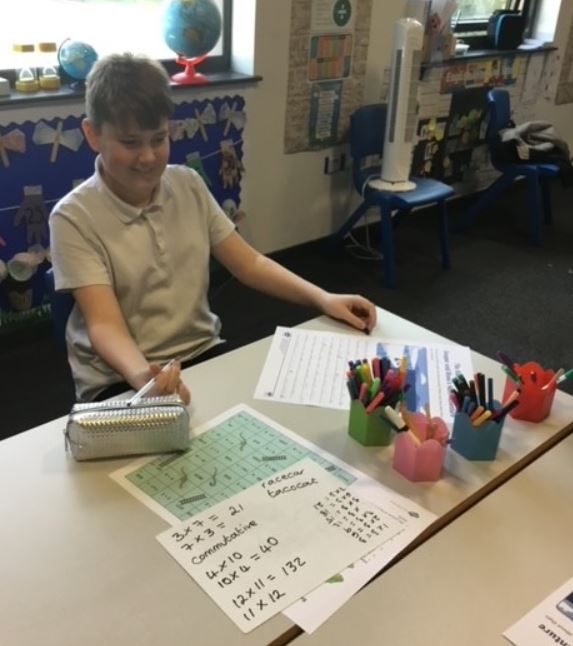
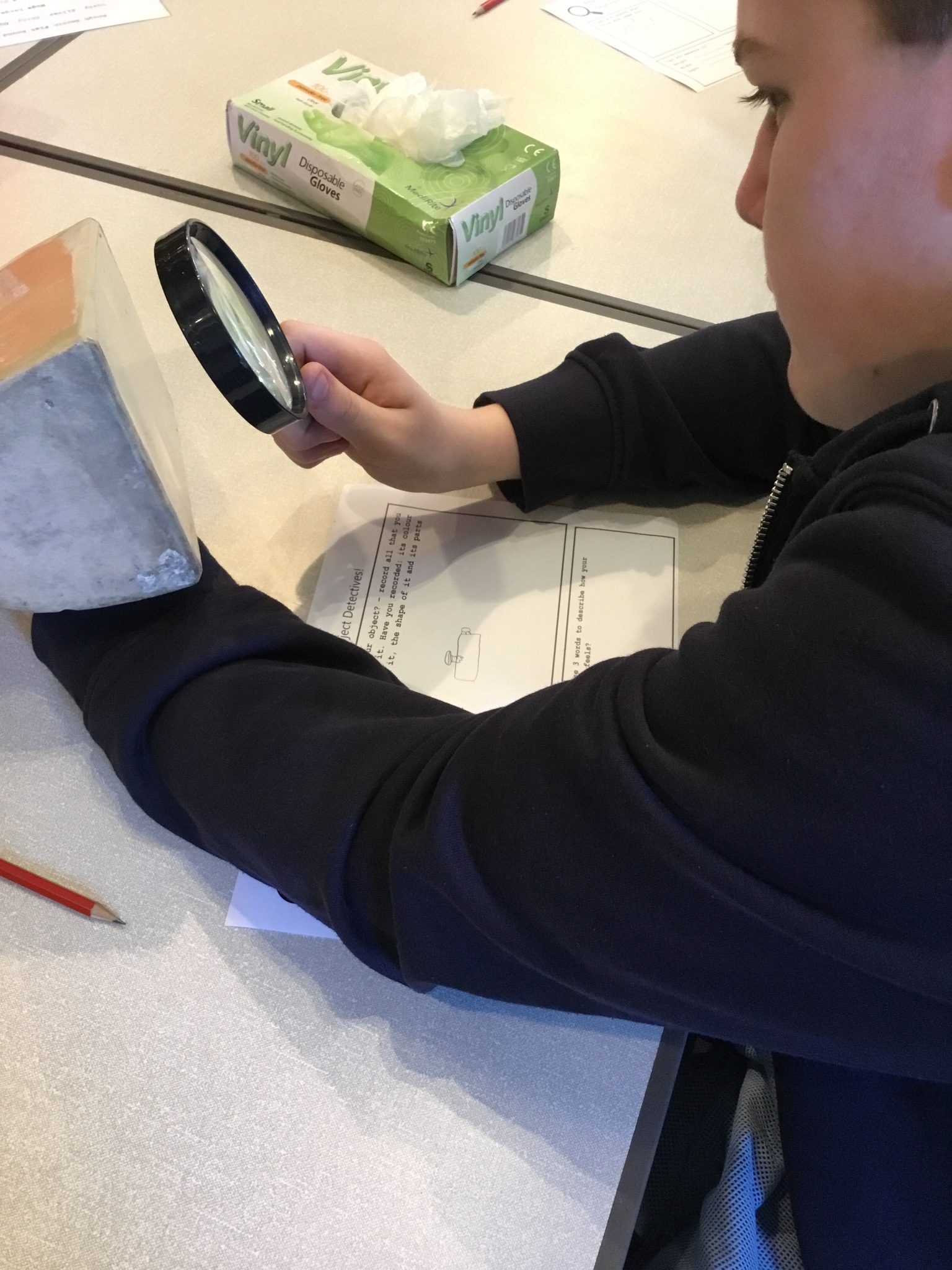
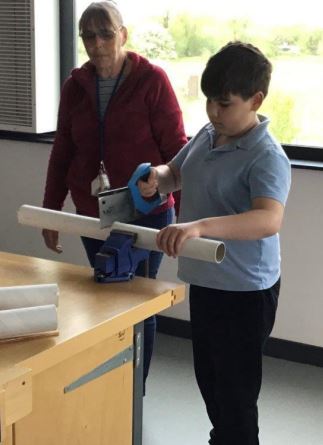

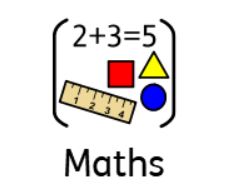
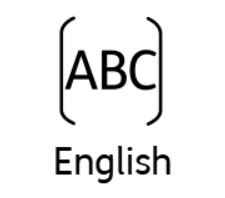
.JPG)
